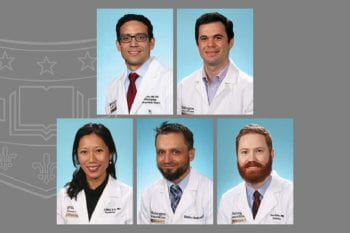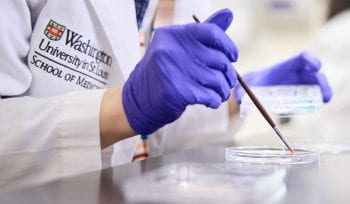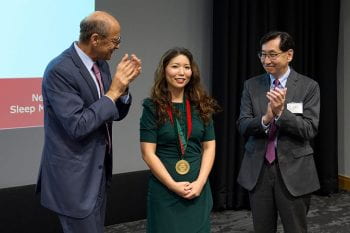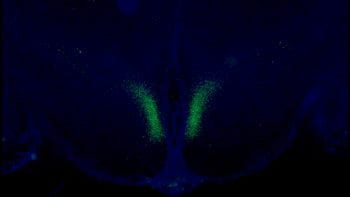William D. Owens, MD, a highly regarded professor emeritus of anesthesiology and former head of the Department of Anesthesiology at Washington University School of Medicine in St. Louis, died of cancer on Friday, Jan. 3, 2025, while in hospice care at Evelyn’s House in Creve Coeur, Mo. He was 85. “Dr. Owens shaped the field […]
Obituary: William D. Owens, MD, professor emeritus of anesthesiology, 85
















































